Surrogacy Laws & Process in Florida

Understanding the Surrogacy Process in Florida
Florida surrogacy law is one of the most supportive and well-defined legal frameworks in the United States. If you’re considering surrogacy in Florida, you’re choosing a state with clear legal protections for both surrogates and intended parents. Florida provides straightforward guidelines that simplify the process for everyone involved.
Whether you are a surrogate or an intended parent, Florida has earned a reputation for making the surrogacy process smooth and secure. We are here to guide you through every step of this life-changing journey with care, professionalism, and support.
A HUGE Thank You To Our Sponsors...





Pre-Birth Parentage Orders in Florida: Legal Recognition Before Birth
Florida law does not generally grant pre-birth parentage orders that name the intended parents on the child’s birth certificate before birth.
However, an interim pre-birth order can be obtained in some cases, allowing intended parents to make medical decisions for the child before birth. Pre-birth orders that directly impact Vital Records cannot be enforced until the baby is born.
Florida surrogacy law recognizes a variety of family structures for post-birth parentage orders, which are typically required. Pre-birth parentage orders are more limited, and courts often require petitions for paternity and maternity actions after the birth. Florida law offers strong protections for different family types, but post-birth orders are more common for establishing legal parentage
Married Same-Sex Couples:
May be eligible for a parentage order post-birth. If at least one partner is genetically related to the child, both may be declared legal parents.
Unmarried Heterosexual Couples:
Not eligible for parentage orders under the statute. These couples should consider a pre-planned adoption under Chapter 63 or pursue a two-step maternity/paternity action.
Single Intended Parents:
Not eligible for parentage orders under the statute, regardless of genetic connection. Legal parentage may require a pre-planned adoption or maternity/paternity action.
Married heterosexual couples:
Eligible for a post-birth parentage order, even when using donor gametes. Unmarried couples (same-sex or opposite-sex): Not eligible under the statute; alternative legal steps are required.
Unmarried couples (same-sex or opposite-sex):
Eligible for post-birth parentage orders, whether using their own gametes or donor gametes.
Unmarried Same-Sex Couples:
Not eligible for parentage orders under the statute. A pre-planned adoption or other legal process is required.
Married heterosexual couples:
Eligible for a post-birth parentage order, even when using donor gametes. Unmarried couples (same-sex or opposite-sex): Not eligible under the statute; alternative legal steps are required.
Unmarried couples (same-sex or opposite-sex):
Eligible for post-birth parentage orders, whether using their own gametes or donor gametes.
Unmarried Same-Sex Couples:
Not eligible for parentage orders under the statute. A pre-planned adoption or other legal process is required.
Who Can Be a Surrogate in Delaware?
Eligibility Criteria:
- Surrogacy is open to both married and unmarried women who meet the necessary health and emotional requirements.
- Women must have had at least one successful pregnancy in the past and be medically healthy to carry a child for others.
Health and Medical Requirements:
- A surrogate must undergo a thorough medical screening to ensure they are physically capable of handling a pregnancy, including tests to evaluate overall health, reproductive history, and mental well-being.
Age Requirements:
- Typically, surrogates should be between 21 and 40 years old to ensure both a healthy pregnancy and the emotional maturity needed for the process.
Emotional Readiness:
- The emotional and psychological aspects of surrogacy are critical. Surrogates must be mentally prepared for the process, understand the emotional challenges, and be able to handle the separation from the baby after birth.
No Strict Legal Restrictions:
- Montana does not impose rigid legal restrictions on who can be a surrogate. However, having the right legal and emotional support is essential for both the surrogate and the intended parents to ensure a smooth process.
Explore the Carrying Dreams Surrogacy Heatmap

